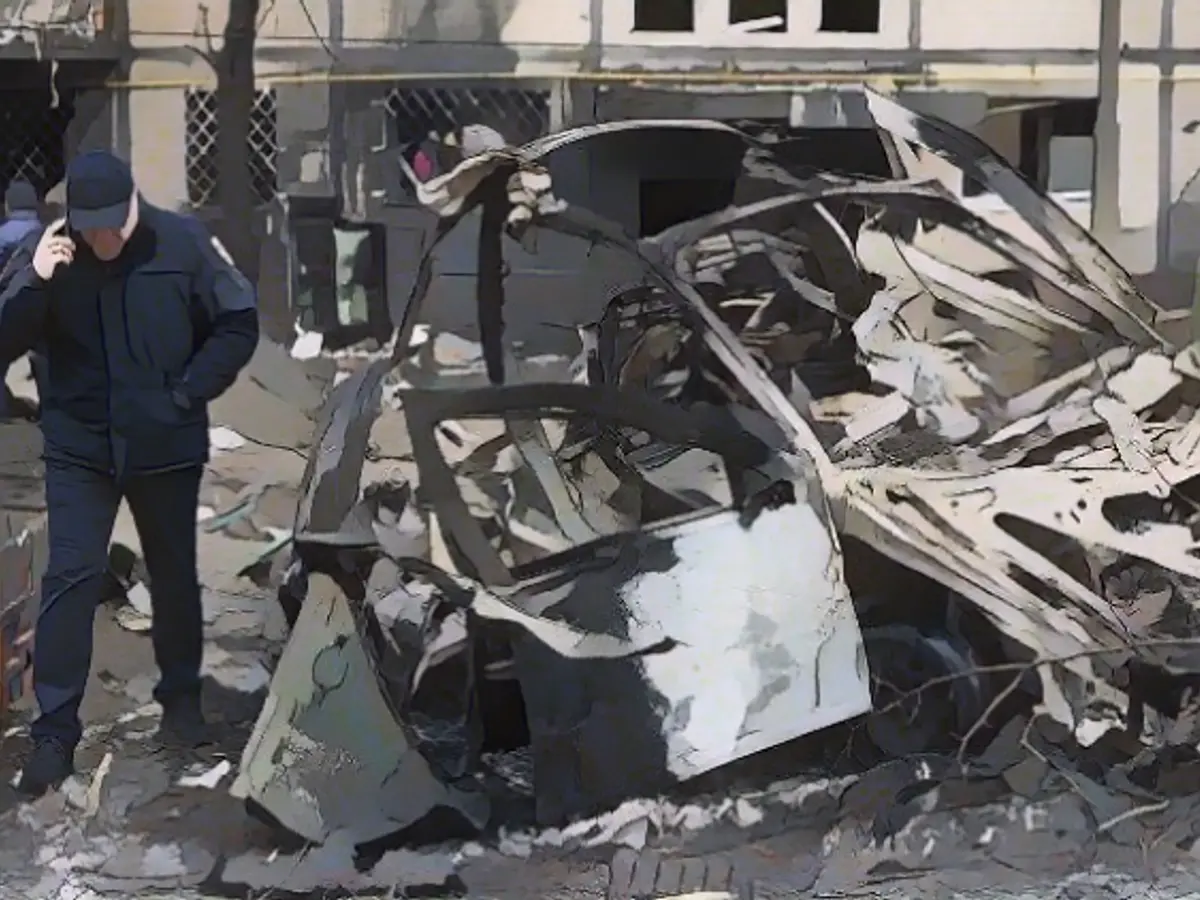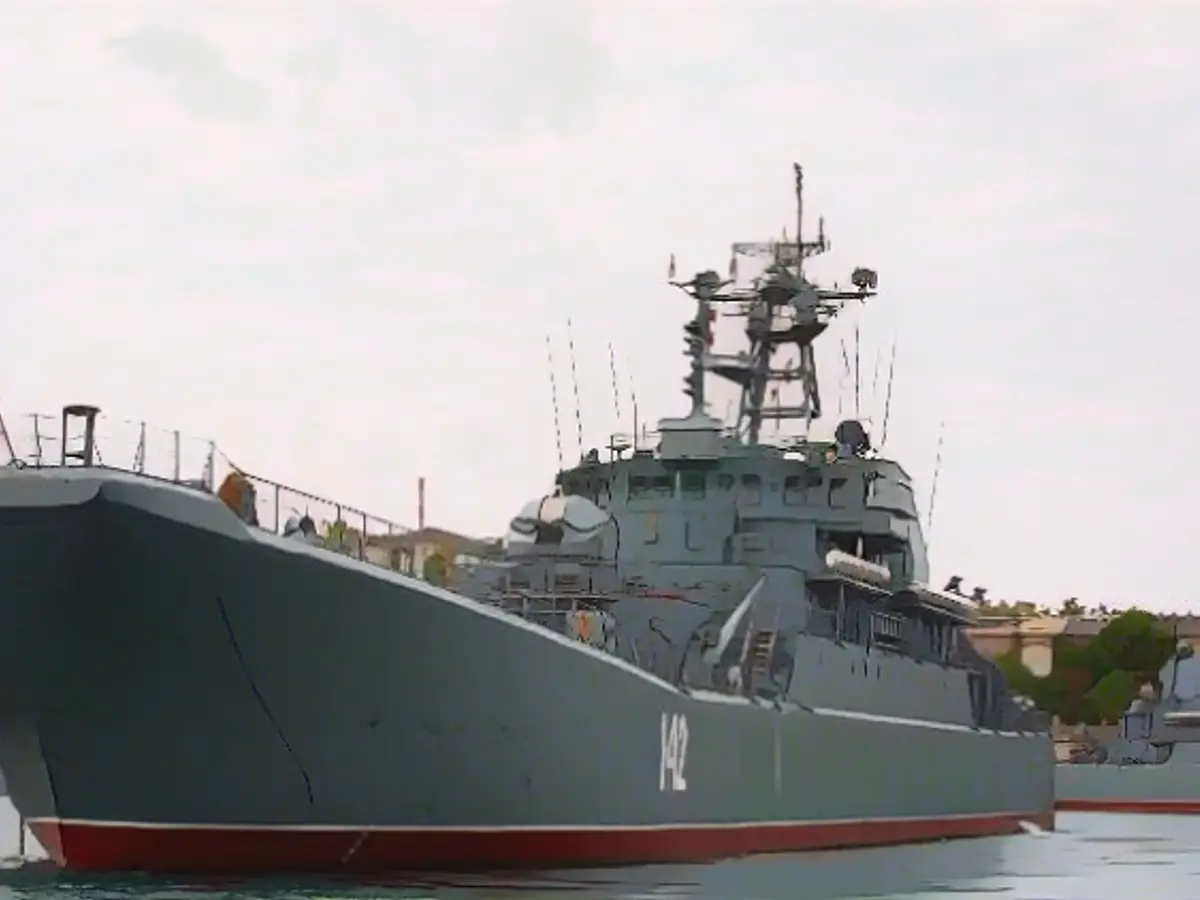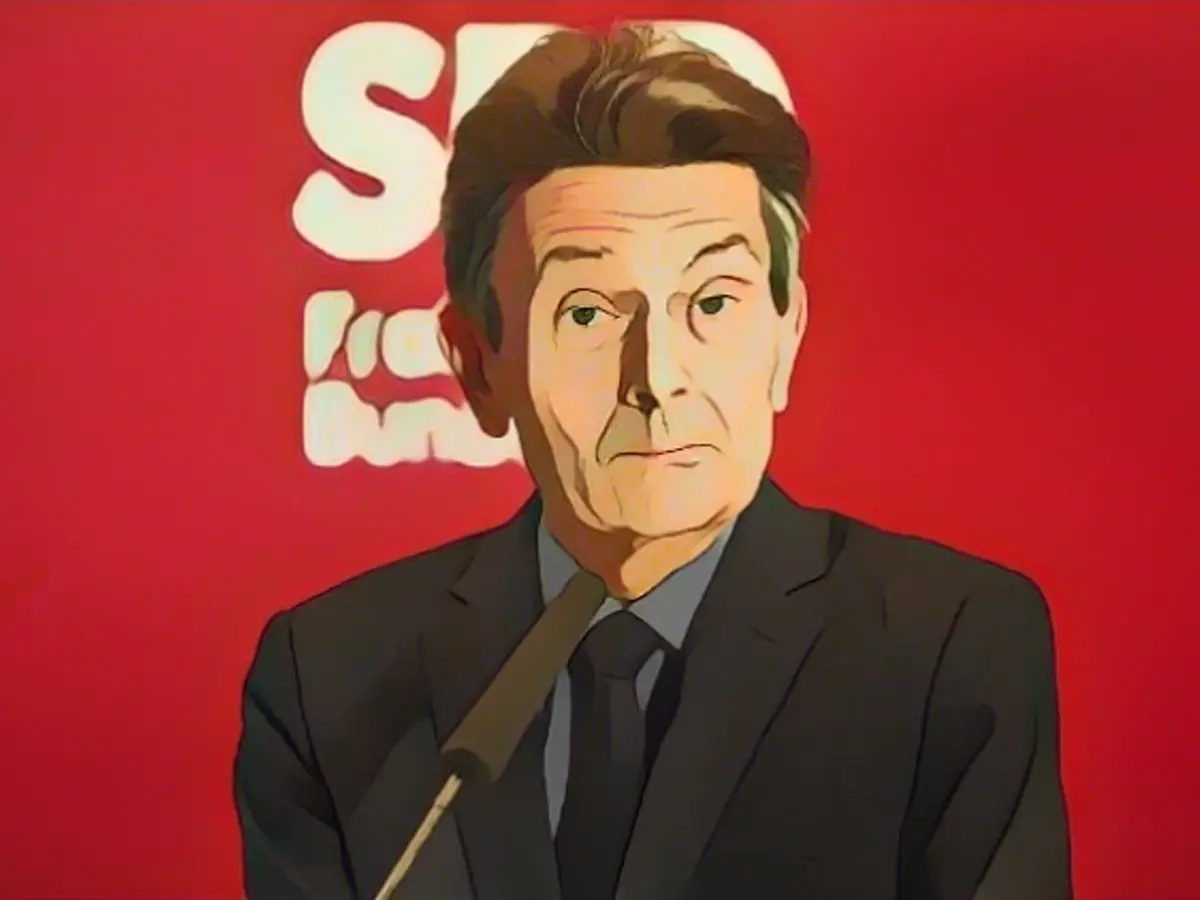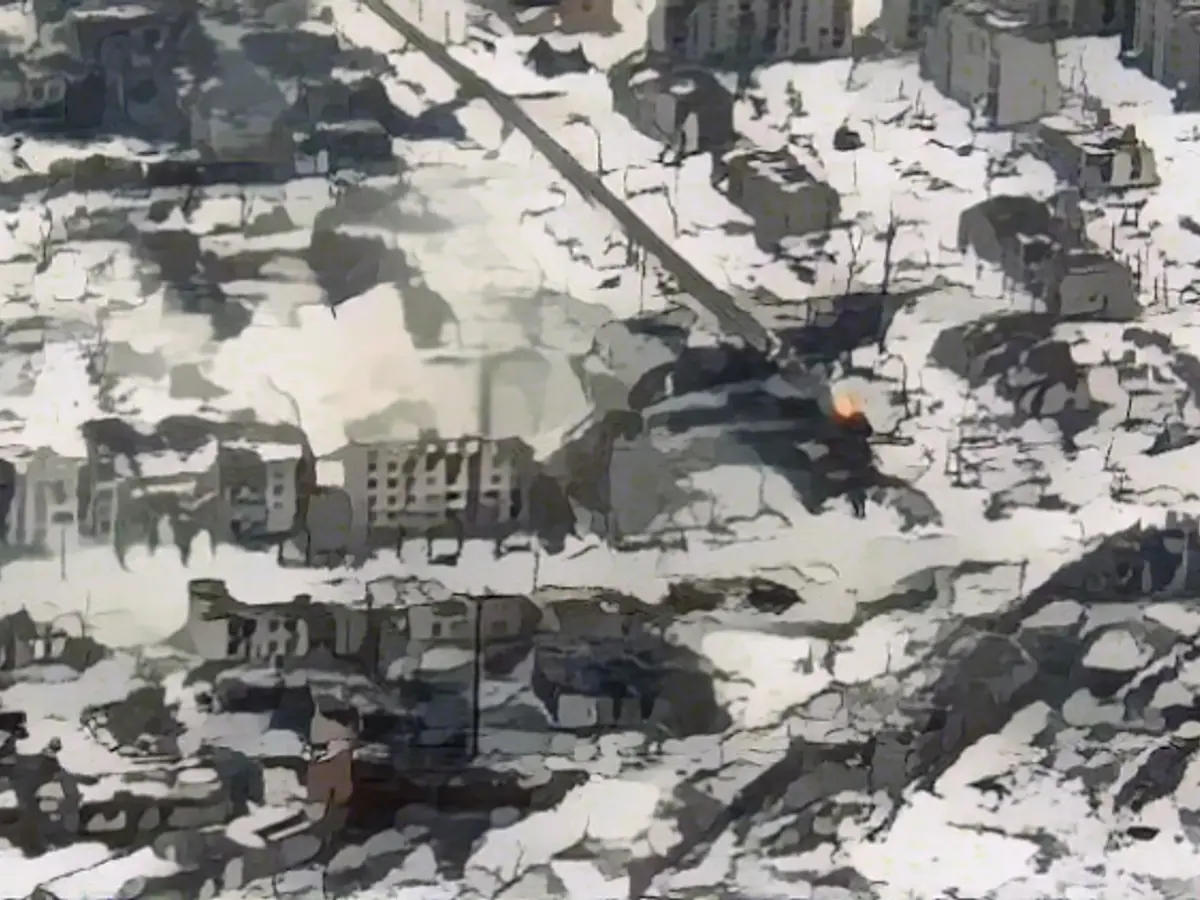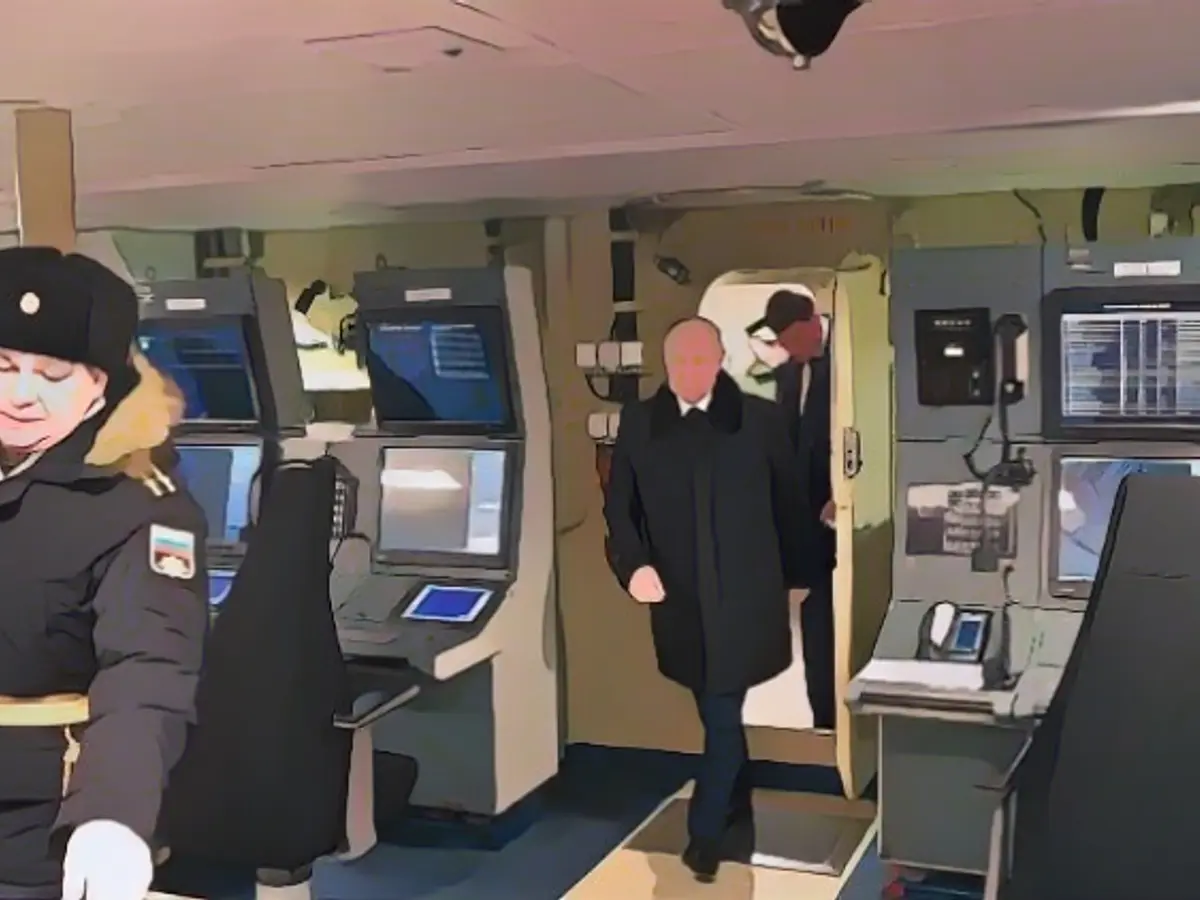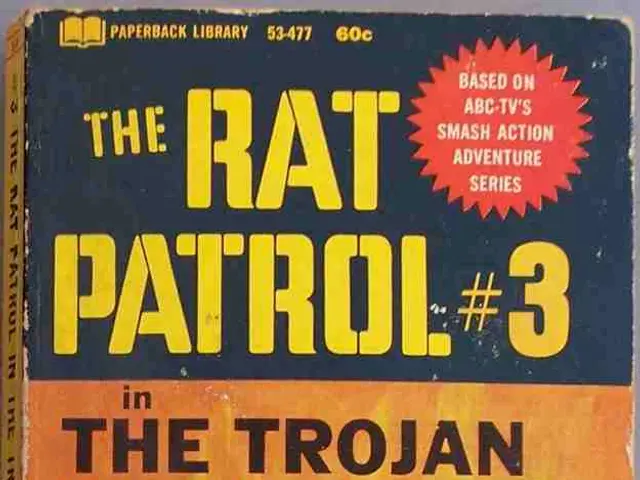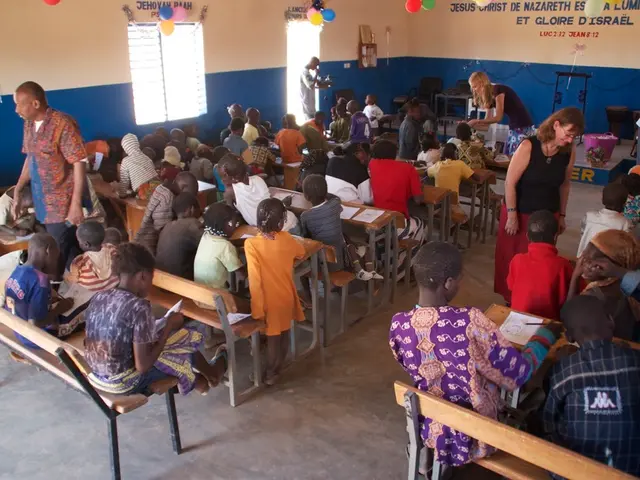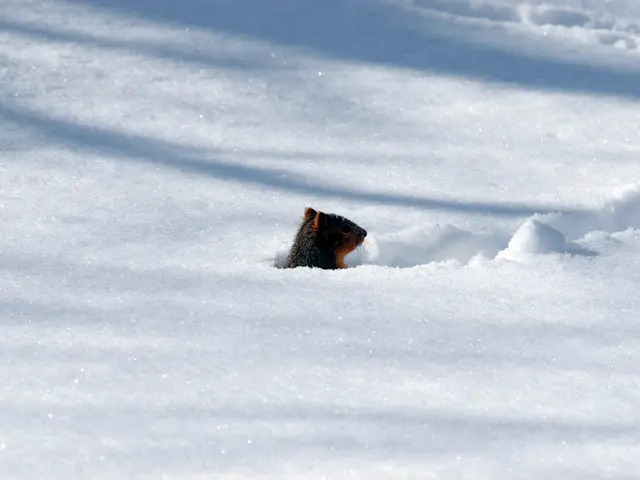The latest update from the Ukrainian General Staff reveals a substantial loss for Russia, with 930 soldiers reported dead in the last 24 hours. This brings the total number of Russian soldiers lost since the war began in February 2022 to an estimated 344,820. Additionally, 14 tanks, 13 armored vehicles, 12 drones, and an artillery system were knocked out during this period.
Russia's information war strategy is proving effective on Tiktok, a popular social media platform, as thousands of fake accounts are used to spread disinformation about the war in Ukraine. Millions of views have been garnered by these fake videos designed to undermine Western support. The BBC has uncovered nearly 800 such false Tiktok accounts since July.
Journalist Evan Gershkovich, imprisoned in Russia, had a visit from the American ambassador recently. Gershkovich, a Wall Street Journal reporter, has been in custody for months on espionage charges, which he vehemently denies. During a recent press conference, President Putin hinted at a possible prisoner exchange between the two nations.
Defense forces in Kiev successfully repelled a night-time drone attack without causing any casualties or significant damage. This marks the sixth airstrike since the beginning of December on the Ukrainian capital. The attack used drones in a combined effort with missiles fired from bombers. Mayor Vitali Klitschko warned residents to stay in air raid shelters, as past attacks have used explosives dropped from bombers.
Lithuania has continued its military aid to Ukraine, handing over several million cartridges and thousands of shells for portable short-range anti-tank systems. Around a thousand folding beds have also been delivered to support Ukraine's defense efforts.
Ukraine has added the head of the Russian Orthodox Church, Patriarch Kirill, to its wanted list. The Ukrainian Interior Ministry accuses Kirill of supporting Russia's actions in the war. This move is primarily symbolic, as Kirill is currently within Russian borders and cannot be arrested there.
Supporters of Alexei Gorinov, a former Moscow local politician imprisoned for criticizing the Russian offensive in Ukraine, have been unable to find out where he is being held. Gorinov has been missing from his prison cell in Pokrov for several days, and his lawyers have been unable to secure any information about his current condition.
Once again, explosions rocked Kiev's central area and historic Podil district. Residents were warned to seek shelter as air defenses engaged Russian drones attacking the city. This is just one of many airstrikes that Russia has carried out in recent days, using a combination of drones, ballistic missiles, hypersonic missiles, and cruise missiles.
Macron encouraged Hungary to avoid holding the EU hostage during critical negotiations related to Ukraine's aid package. As a result of a Hungarian veto, the EU leaders were unable to approve a budget revision with €50 billion in financial aid to Ukraine during their planned meeting this past Friday. The negotiations are expected to continue into the next year to resolve this issue.
Vladimir Putin warned against external interference in Russia's upcoming presidential election, threatening to harshly suppress any such attempts. Putin announced his intention to run for another term as president earlier in the week, sparking concerns that he may seek to maintain his power indefinitely.
Enrichment Data:
- AI and Deep Fakes in Disinformation Campaigns:
- AI and Deep Fakes have become powerful tools to manipulate public perception, making it challenging to discern the truth.
- Russian and Chinese actors have used AI-powered bots and deep fake applications to spread misleading information on social media platforms.
- AI detection systems have been implemented on platforms like Facebook and Twitter, but they still struggle to keep up with novel disinformation patterns.
- Russian Government Disinformation Strategies:
- Russia has strategically used social media to shape narratives surrounding the war in Ukraine, promoting a framing of it as a fight against NATO expansion and the 'de-Nazification' of Ukraine.
- Bots and deep fake videos and speeches from Putin and Zelenskyy have been used to mislead and change perspectives on the conflict.
- Countermeasures Against Russian Disinformation Campaigns:
- Ukraine has countered Russian disinformation on social media with counter-narratives from President Zelenskyy and other key figures.
- Facebook and Twitter have developed AI systems, such as SimSearchNet, to detect and remove misleading materials.
- The global response to disinformation campaigns is still a work in progress, with challenges remaining in accurately identifying and countering propaganda.
Sources:
- L'Orfini, R. (2022, October 25). "From fake news to deepfakes: How Russia uses AI to wage disinformation campaigns." ThinkProgress. Retrieved from
- OSINT (Open-Source Intelligence) Lab, (2023, December 16). "Russian disinformation concerning Ukraine." OSINT Lab. Retrieved from
- Type, S. (2023, December 16). "TikTok and Ukraine: A case of COVID-19 disinformation and its impact on attitudes towards underage children during the war." Slovak Studies, Vol. 73, No. 4, pp. 657-668. Retrieved from
- Kuhn, M. (2022, August 15). "Swiatowe rządy prowadzą studium nad kłamstwami w zakresie zbrojnych konfliktów." Telewizja Polska, IPTV. Retrieved from
